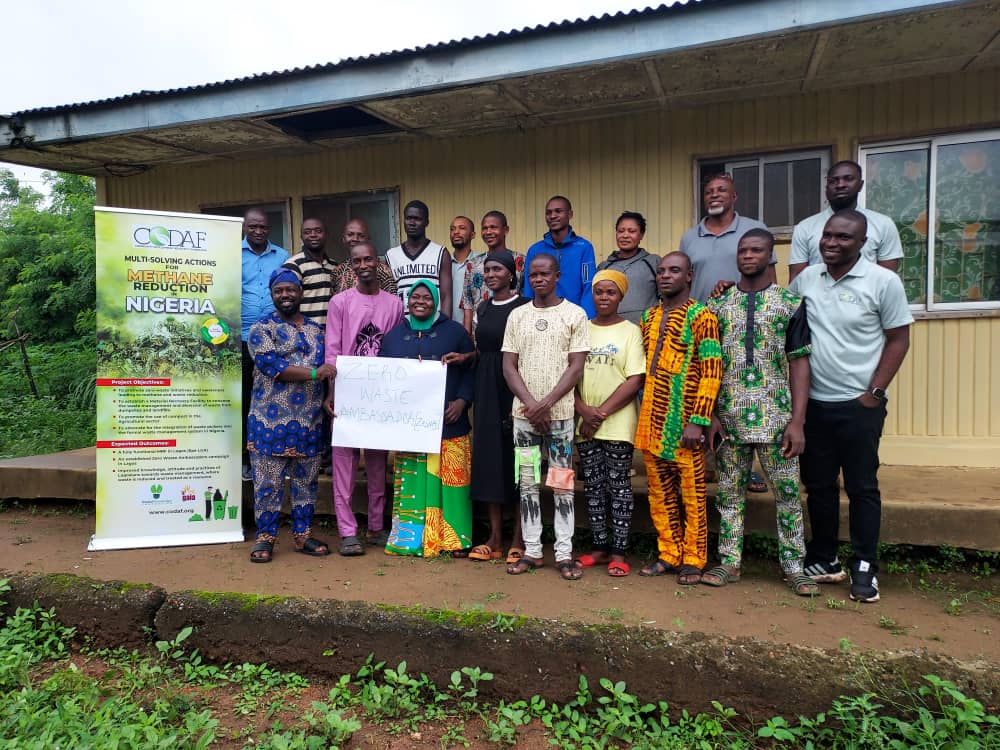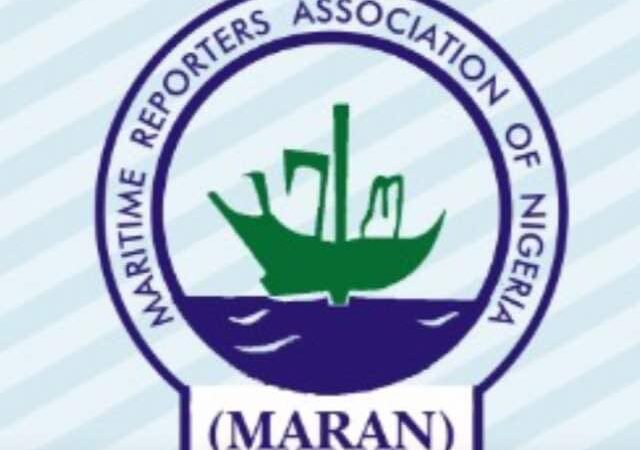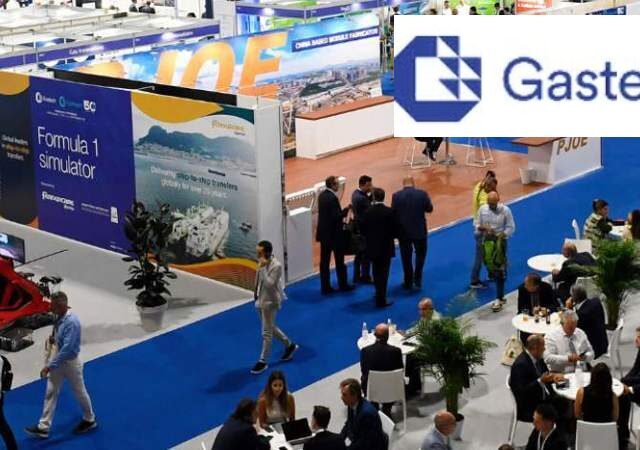CODAF Launches Methane Reduction Project in Epe to Combat Climate Crisis Through Zero-Waste Solutions
The Community Development Advocacy Foundation (CODAF) has launched a groundbreaking initiative to tackle climate change and promote sustainable waste management in Nigeria, beginning with Epe Local Government Area as a model community.
The initiative, known as the Multi-Solving Actions for Methane Reduction, aims to reduce methane emissions — a potent greenhouse gas — by promoting zero-waste practices and transforming waste into economic and agricultural value.
At the heart of the project is the Methane Reduction Facility (MRF), a purpose-built centre in Epe designed to process up to 200 tonnes of waste per week. The facility features three core sections:
Sorting Section: Separates textile, metal, plastic, paper, electronics, and hazardous waste.
Organic Waste Conversion Unit: Utilizes Black Soldier Fly (BSF) technology to convert organic waste into eco-friendly compost and animal feed.
Love Net Section: A breeding area for BSF reproduction, supporting sustainable manure production for local agriculture.
During a training session for newly inaugurated Zero Waste Ambassadors and the Zero Waste Farmers Network, Onyeka Titigbe, Assistant Director of Campaigns at CODAF, said the project is a response to the unsustainable waste-to-dumpsite model widely practiced in Nigeria.
“Every evening, dumpsites emit smoke — that’s methane, a harmful gas contributing to global warming. We’re introducing a system that treats waste as a valuable resource,” he stated.
As part of its community-first strategy, CODAF is engaging key groups:
Waste Pickers Association will be integrated into the system and compensated for their role in sorting recyclable materials.
Local Farmers will receive training to turn organic waste into manure and livestock feed, reducing reliance on harmful chemical fertilizers.
Zero Waste Ambassadors will carry out household sensitization, advocate for waste sorting at the source, and contribute to local waste policy development.
“We already have over 20 ambassadors signed up. They’ll work closely with households and participate in monthly review meetings to track progress,” said Titigbe.
Community Voices Applaud the Project
Mr. Faith Paulinus, President of the Zero Waste Ambassadors (ZeWA), Akwa Ibom, inaugurated the new Epe chapter, urging members to champion sustainable waste practices and discourage harmful habits like incineration and landfilling.
Mrs. Aminat Shabi, President of the Epe Farmers Association, described the project as a “blessing”:
“It will give us a cleaner environment, generate jobs for youths and elders, and help us access organic inputs for farming. We’re already collecting our recyclable waste at home to bring to the facility.”
Mr. Oladele Ismail Oluwaseyi, a livestock and fish farmer, said:
“Epe is known for cleanliness in Lagos, and this project will help us maintain that standard while creating income and protecting our environment.”
Mr. Hakeem Genti, Secretary of the Epe Waste Pickers Association, commended the initiative’s inclusivity:
“We’ve been picking waste for years. Now, with this organized system, we can contribute more and earn better.”
Local Ownership and Future Expansion
CODAF revealed that the land for the facility — two plots — was donated by the Epe Local Government Council. The NGO will run the project for two years before handing it over to the community.
“This is not for profit,” Titigbe emphasized. “It’s about building a circular economy and leaving the community empowered.”
CODAF also plans to scale the initiative to the state level through the creation of a Zero Waste Parliament, bringing together institutions like LAWMA, LASEMA, and the Lagos State Ministry of Environment to mainstream sustainable waste practices across Lagos.







